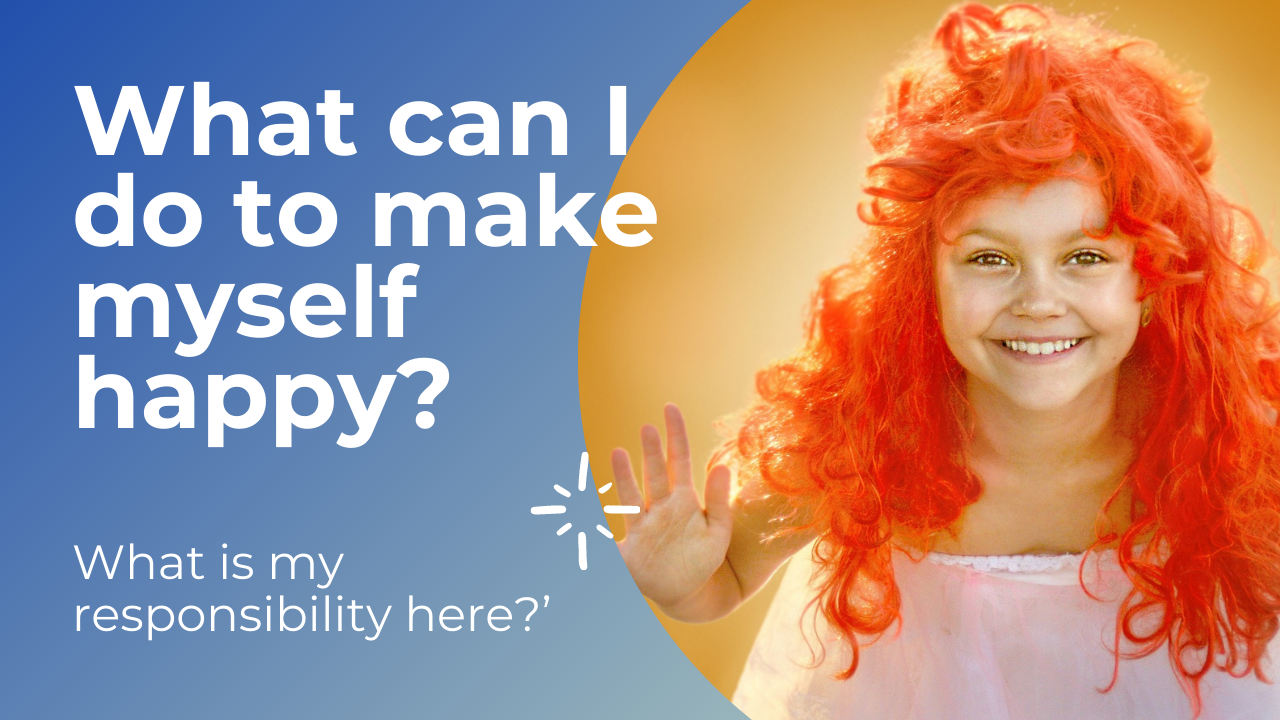“At that moment we found the secret sauce of happiness, that is applicable anywhere in the world across ethnicity or income status. It works everywhere without exception. It sounds cheesy and dogmatic but it’s true. The universal truth is happy people are kind.”
Eiji Han Shimizu was sharing his findings after spending 6 years travelling around the world to 16 countries filming Happy the Movie.
About Eiji Han Shimizu
Eiji is known for, among other things, producing the award-winning movie Happy. During the creation of the film he travelled the world in search of the secret sauce of what makes people happy. When he came to Summercamp he told his personal story in a captivating talk early on the Saturday morning of camp. He also hosted a death bed meditation workshop which no-one who was there will ever forget.
According David Brooks on his book Second Mountain. True happiness comes from commitment to a cause and community, not from individualism.
The prison of self: From me to we
In his book Second Mountain: The quest for a moral life Brooks takes us on a journey from our ego-obsessed, hyper-individualist culture to the second mountaintop characterised by commitment and community.
Here are 10 of my favourite takeaways from the book:
On commitments:
Our commitments give us our identity. They give us a sense of purpose. And paradoxically allow us to move to a higher level of freedom.On transformation:
Programs don’t change lives, relationships do. Real change happens through deepening relationships.On second mountain people:
Their desires have been transformed. They have a desire to live in intimate relation with others, to make a difference in the world. They are driven by a desire for belonging and generosity. They exhibit bright sadness and a sober happiness. They are community builders and weavers, sharing an ethos that puts relationship over self.On judging others:
They reject the notion that some people have everything in order and others are screw-ups. In their view we are all stumblers. They see the task of life as to “love your crooked neighbour with all your crooked heart”, with the awareness that we are all a by-product of the circumstances we find ourselves in.On self-help:
True happiness is not found through an endless inner process of self-excavation but rather an outer process of giving – to making maximal commitments to things we really care about and then serving them in a wholehearted way.On the meaning of life:
Don’t ask questions like ‘What do I want from my life?’ or ‘What can I do to make myself happy?’, but rather ‘What is life asking of me? What is my responsibility here?’On vocation:
The summons to vocation is a very holy thing, but the messy way it happens in actual lives doesn’t feel holy at all: just confusing and screwed up.On finding clues:
“The way to discover what you were put on earth for is to go back into your past, list the times you felt most fulfilled, and then see if you can draw a line through them. Let the young soul survey its own life with a view to the following question: ‘What have you truly loved thus far? What has ever uplifted your soul, what has dominated and delighted it at the same time?’ NietzcheOn talent vs interest:
In choosing a vocation, it’s precisely wrong to say that talent should trump interest. Interest multiplies talent and is in most cases more important than talent. It’s about finding something you care about so much that you’re going to get better at it for the next few decades, something that captures you at their depth of your being.On your role:
The world is full of problems, but very few are the problems you are meant to address. It’s not about finding the biggest or most glamorous problem in the world.

